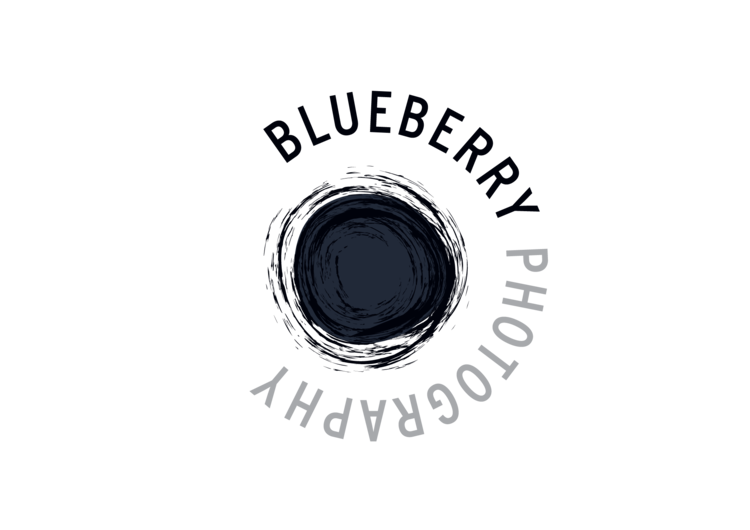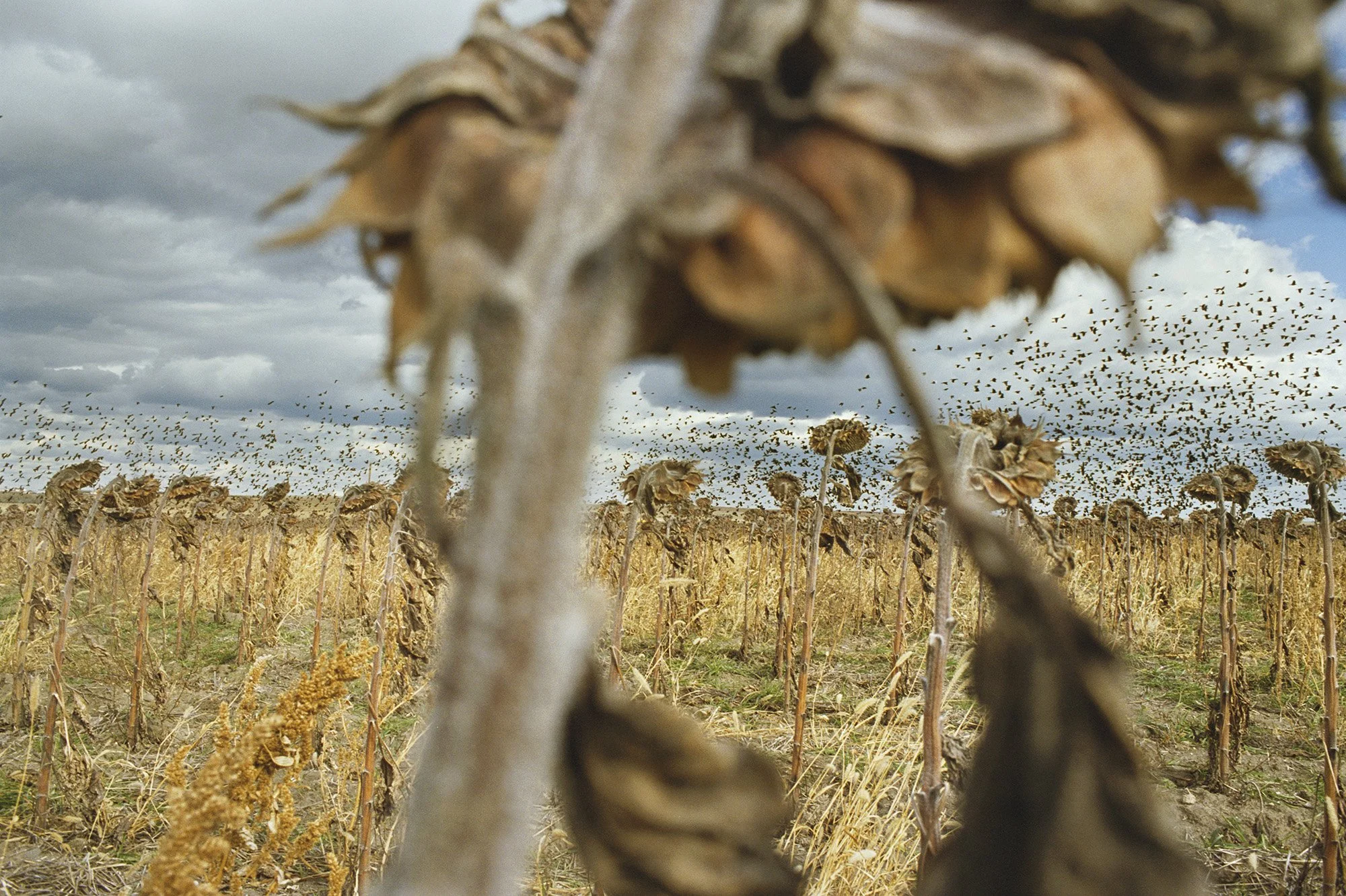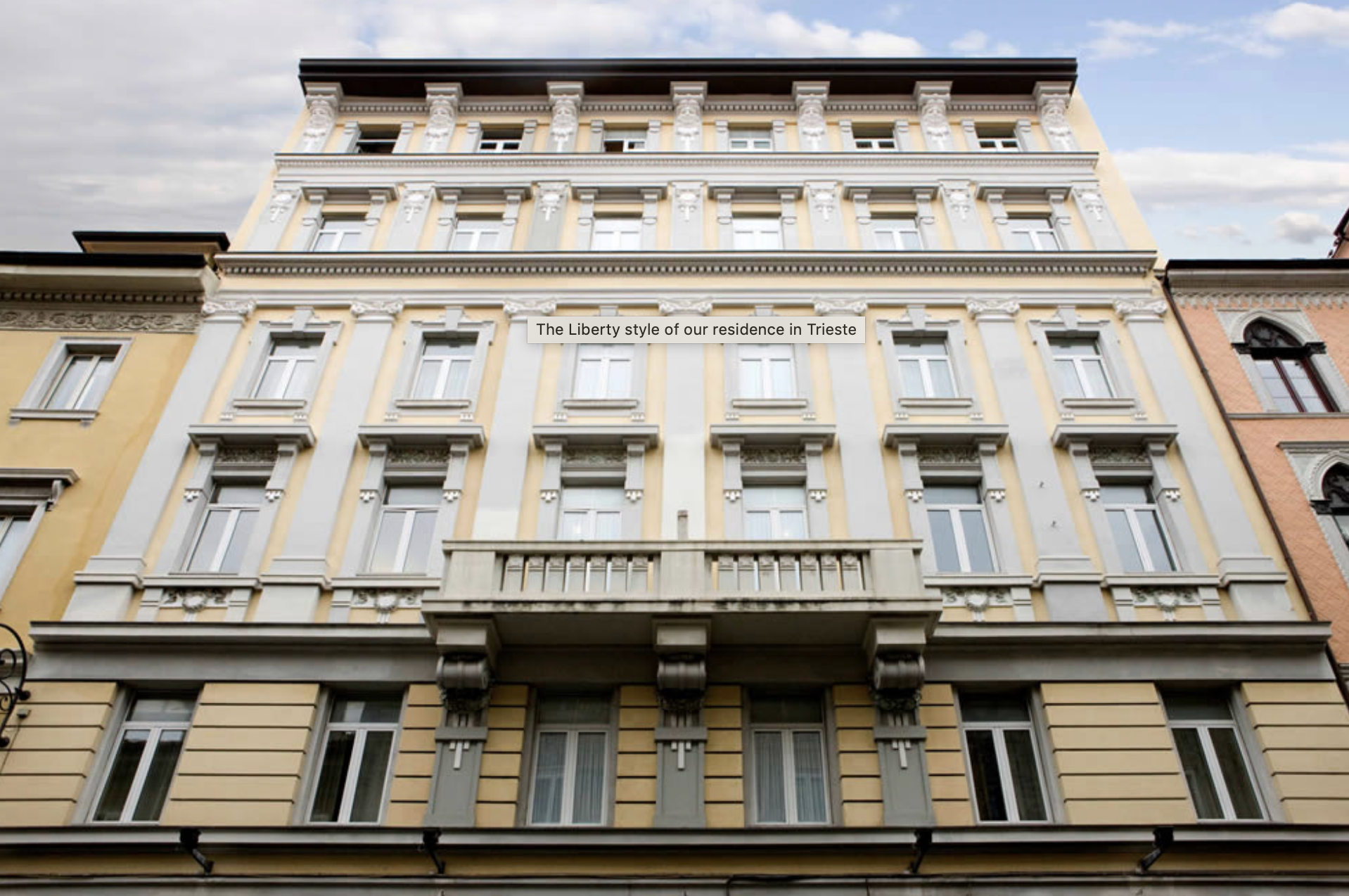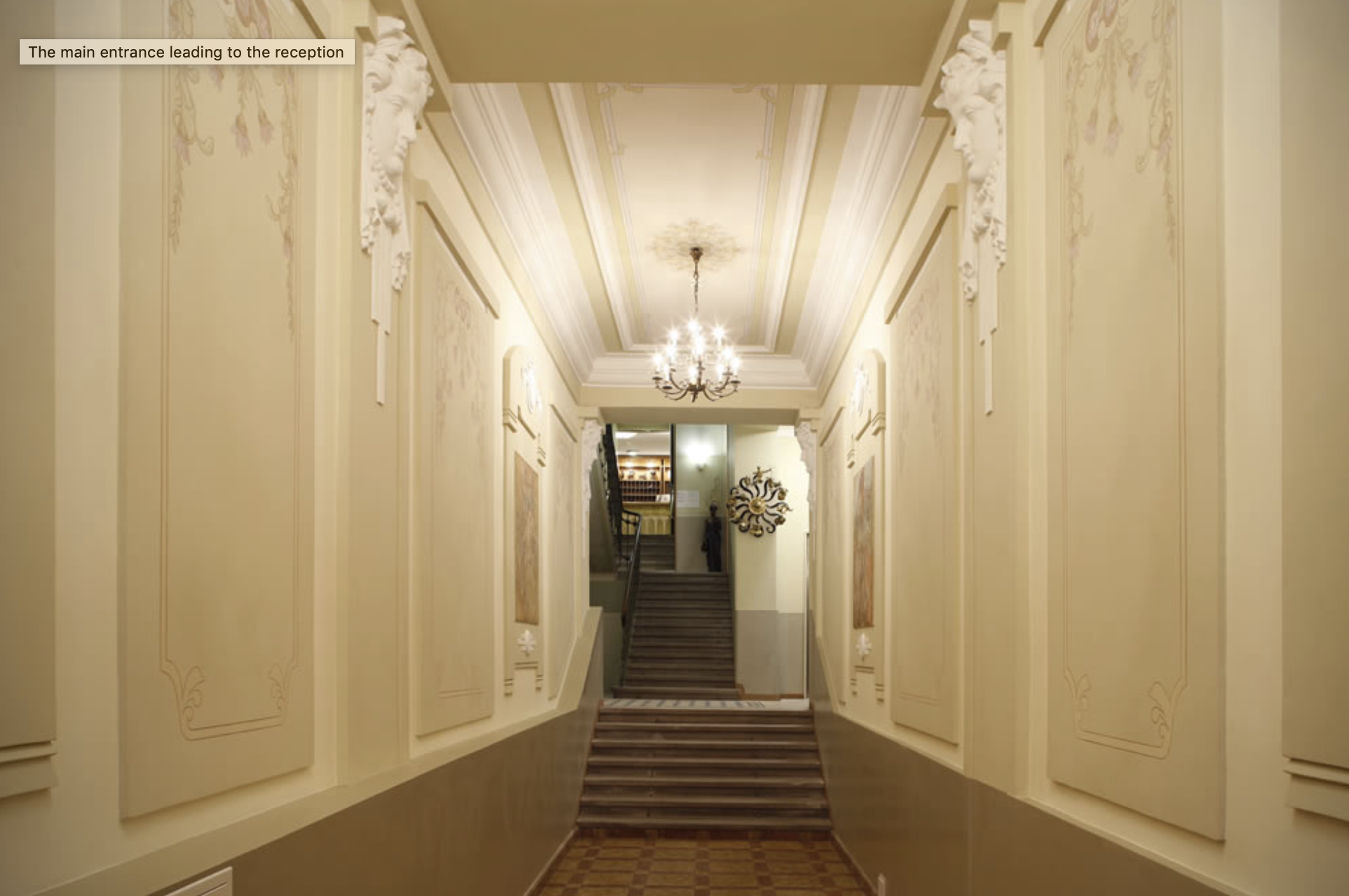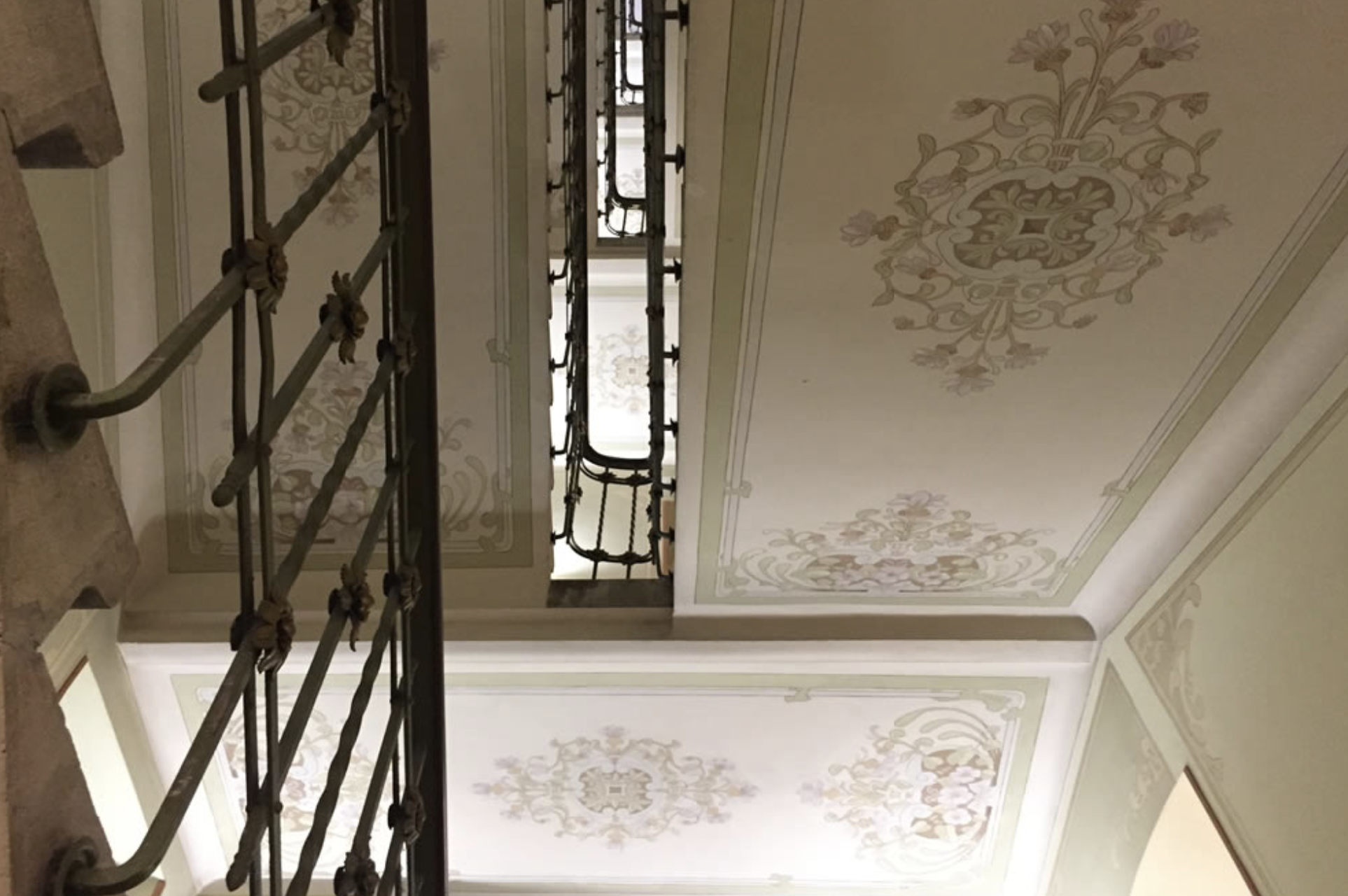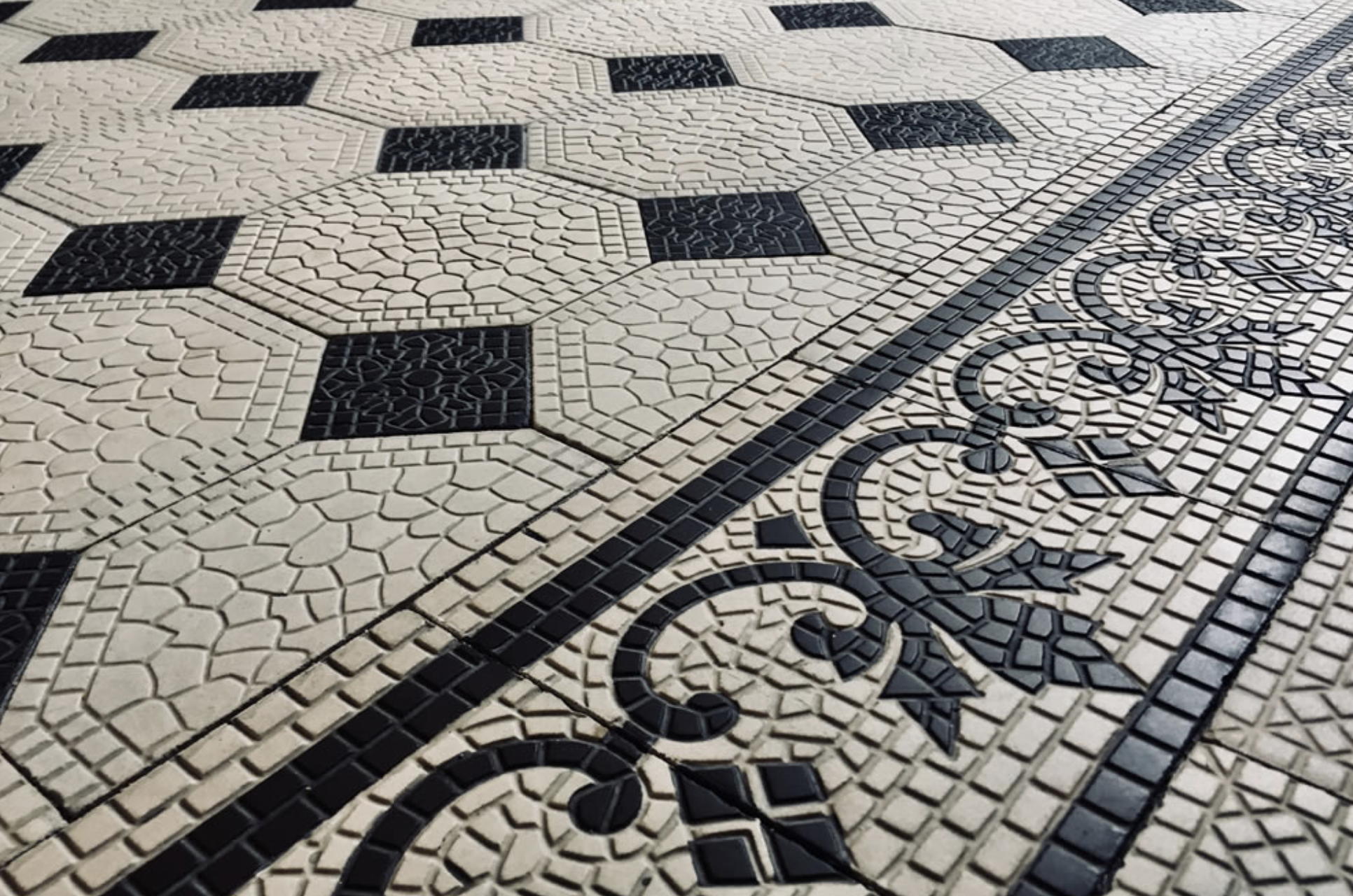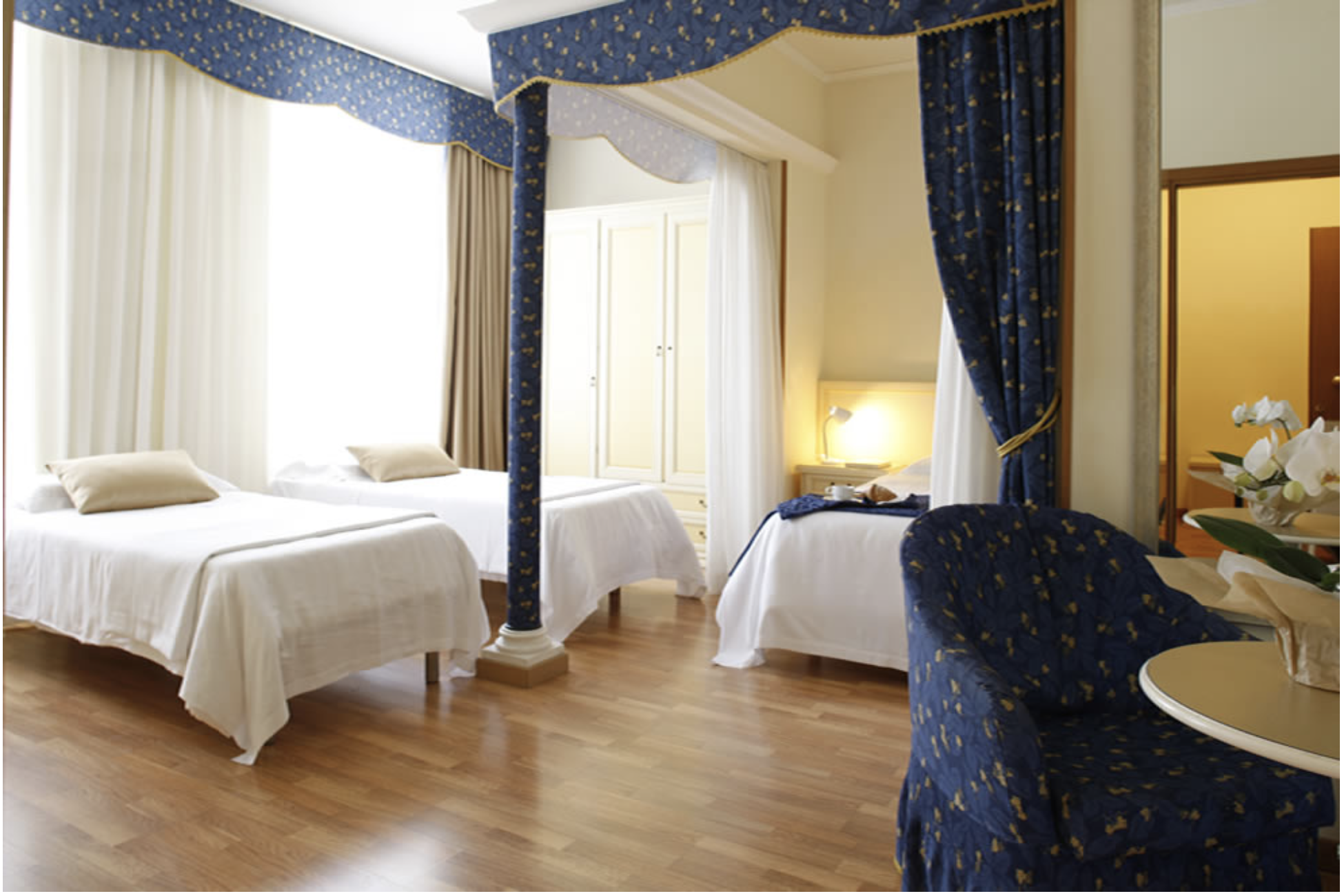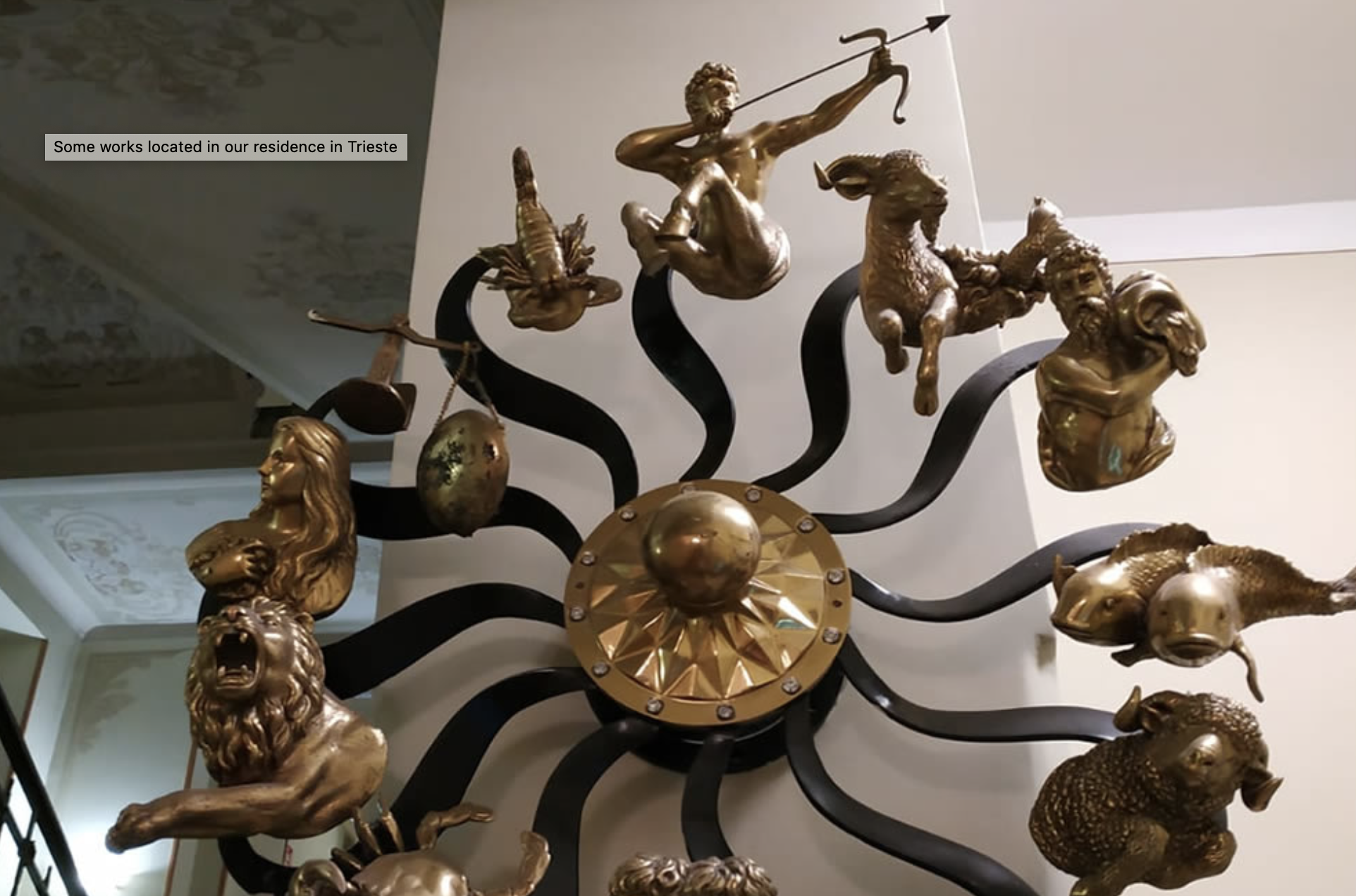WELCOME TO ITALY´S HAUNTLINGLY BEAUTIFUL TRIESTE
ALEX WEBB AND
REBECCA NORRIS WEBB
8 - 15 (IN THE EVENING) OCTOBER 2022
Workshop: Oct. 8-15, 2022 - FULLY BOOKED
Applications opens December 2 - 2021
EARLY APPLICATION DEADLINE: Monday, February 14, 2022
EARLY APPLICATION NOTIFICATION: Monday, March 7, 2022
FINAL APPLICATION DEADLINE: Monday, April 4, 2022
FINAL APPLICATION NOTIFICATION: Monday, April 11, 2022
TRIESTE - THE JEWEL OF ITALY
We are going to the city of Trieste, situated in Italy’s North-Eastern province ‘Friuli Venezia Giuli’ and nestled on the Adriatic coast, close to the Slovenian and Croatian borders. Ruled by the Hapsburg Monarchy from 1382 to 1918, this polyglot city’s deep-water port has always offered a gateway for trade between the East and the West.
Over a long period and once known as the ultimate ‘nowhere town’, Trieste struggled with its melancholic reputation. Nevertheless, no other Italian city has shown such a profound historic and cultural transformation, considering its troubled past. Shortly after the end of the Second World War, bordered by Yugoslavia, international law declared Trieste a free state, yet the city sadly remained under military occupation until 1954.
Trieste is culturally indebted to the Balkans, Venetians, Greeks and the Jews, all of whom thrived here. These influences, easily recognized in its daily life through the local dialects, architecture, traditions and primarily its multicultural cuisine and population. Here you will discover stunning old buildings, churches and cathedrals, not forgetting an array of inviting coffee shops. Naturally, everyone recognizes the Illy Coffee brand.
Irish novelist and poet, James Joyce, spent many years in Trieste, mainly teaching English to Austro-Hungarian naval officers. He not only tutored Trieste’s most famous writer Italo Svevo, son of an assimilated German-Jewish family, but also helped his career by having his works translated into French and then published in Paris. A statue of Joyce stands proudly on the bridge spanning the Grand Canal.
Each year in the autumn, an Urban Photography Festival graces Trieste. Stroll through the city and marvel at the Catholic Church of San’t Antonio Taumaturgo, the Greek Orthodox San Nicolò dei Greci and the enormous Synagogue of Trieste. A perfect city to explore and photograph to your hearts content.
FINDING YOUR VISION: TRIESTE 2022
8 -15 October 2022
2 950€ including accommodation (until 15 October)
Maximum 20 photographers
Workshop language is english
The workshop will include discussions about how to take your work to the next level, how to learn to edit (select and sequence) your work intuitively, as well as discussions about how to work in cultures other than one’s own, how projects evolve into books and exhibitions. Each student will have an individual conference with the Webbs.
Workshop description
To find your own unique vision of Trieste by using the camera to explore the city in a direct, spontaneous way. Open to serious amateurs and professionals. This workshop will emphasize the development of your own personal way of seeing photographically and learn how to edit (select and sequence) your work intuitively. Discussions about how to take your photography to the next level.
“I only know how to approach a place by walking. For what does a street photographer do but walk and watch and wait and talk, and then watch and wait some more, trying to remain confident that the unexpected, the unknown, or the secret heart of the known awaits just around the corner.” - Alex Webb
THE SCHEDULE
There are two main components of this class: the spontaneous act of photographing and intuitive editing (selecting and sequencing your photographs). The workshop will begin with Alex and Rebecca, a creative team who together and apart have authored 19 books, who will critique each participant’s past work as a starting off point for a larger discussion about various photographic issues. By that first afternoon, participants will be working on their first assignment, which they will choose themselves. It may be a specific street, neighborhood, subculture, ethnic group, profession, family or individual; it may be photographing various events or festivals around the city. Above all, it must be something that you're passionate enough to return to every day to photograph.
For the rest of the workshop, we will meet in the mornings and critique as a group each student’s ongoing work. Throughout the workshop, we will try to build a coherent set of images for each photographer that will begin to represent his or her photographic stance or attitude toward the city of Trieste. We will view this work as a group at the end of the workshop.
Besides photographing and editing each day, there will also be print and book demonstrations and an editing exercise. We will also touch on a variety of topics, including the process of photographing spontaneously and intuitively; how to photograph in cultures other than one's own; the relationship between images (such as the sequencing and juxtaposition of photographs); how to edit photographs intuitively; an introduction on being on press with a book; how to work with a designer on a book; the practical realities of the magazine and art worlds; the emotional and psychological implications of working in color vs. black and white; the difference between images in a book and images on the wall; and how long-term projects can evolve into books and exhibitions. There will also be a chance for each participant to have an individual meeting with Alex and Rebecca, during which they can talk about anything they’d like, including reviewing a long-term project or work-in-progress that the participant is passionate about.
WHAT TO BRING THE FIRST DAY
The first day we would like all participants to bring about 30 SMALL PRINTS (NOT digital files), representing the work that they feel best represents who they are as photographers. We are interested in each participant’s individual vision, rather than whether he or she can work professionally or not. So, bring the personal project or projects––the work that represents your passions, your obsessions––not the set of portraits done simply to satisfy an editor or art director. For the first reviews, we find that working with prints has huge benefits. The prints do not have to be fine prints: they can be cheap 4x6 machine prints, inkjet prints, etc.—just prints that enable us to see the image.
ADDITIONAL INFORMATION FOR THE WORKSHOP
During the week all participants will be photographing every day, except Saturday. We strongly encourage you to work digitally. Film may be an option, although a more complicated one, as you will have to figure out a way to process film each night in Trieste. (For film, you’ll be responsible for film processing each night with work prints ready each morning before class; on Friday afternoon, you’ll also need to have scans made of your week’s final edit––for instance, at a Trieste photo lab––for the final slide show Saturday night). Those working digitally must bring a laptop and memory stick or portable hard drive. All work needs to be downloaded into a single workshop computer attached to a digital projector. (We do not have time to shut down the projector and hook up individual laptops.) We need to be able to see work (from the previous day) at the beginning of the class every day.
A FINAL NOTE: BRING QUESTIONS
And please bring lots of questions to the workshop. The ultimate direction of the workshop will be influenced by the kinds of questions that you pose.
TUITION AND PRACTICAL INFORMATION
Tuition is 2 950€ including accommodation. We are staying in the city center of Trieste and accommodation will be in ideal apartments for this kind of workshop. Everyone will have their own apartment which is well furnished, complete with equipped kitchen and guarantees a comfortable stay. It consists of an entrance, a queen-size bed, a living room, a bathroom and a kitchen.
Meals and travel are not included in the tuition. Due to the fact that we are a big group we will reserve tables and order a set menu. Payment will be collected up front.
We recommend flying to Venice (VCE) Airport, which is 113 km away from Trieste. The bus from Venice (VCE) to Trieste takes 1h 50m. You can also fly directly to Trieste as they have an airport. VISA: U.S. and EU citizens do not need visas to enter Italy. You must have a passport valid for at least three months (we recommend to have your passport at least six months valid from your planned departure from this country). The currency in Italy is the euro. When you are buying currency for Italy, look out for the currency code EUR. And once in Italy, you will see the symbol € used to show prices.
A good tip is to bring small gifts because you may find some new Italien friends.
Recidence Liberty
All pictures from: https://www.residenceliberty.it/en/home/hotel-residence-liberty-trieste
@ Morten Krogvold
Alex Webb has published 17 photography books, including The Suffering of Light, a survey of 30 years of his color photographs. He’s exhibited at museums worldwide including the Whitney Museum of American Art, N.Y., the High Museum of Art, Atlanta, and the Museum of Fine Arts, Boston. A Magnum Photos member since 1979, his work has appeared in The New York Times Magazine, National Geographic, Geo, and other publications. He has received numerous awards including a Guggenheim Fellowship in 2007 and NEA grant in 2019. His most recent books are La Calle: Photographs from Mexico and the collaboration Brooklyn: The City Within with Rebecca Norris Webb, his wife and creative partner. For the past 20 years, he’s co-taught workshops with Rebecca for museums, universities, and arts organizations around the world. His upcoming collaborative book with Rebecca, Waves, a pandemic logbook on Cape Cod, will be released in spring 2022. Alex and Rebecca’s joint website: https://www.webbnorriswebb.co/
Originally a poet, Rebecca Norris Webb often interweaves her text and photographs in her eight books, most notably with her monograph, My Dakota—an elegy for her brother who died unexpectedly—with a solo exhibition of the work at The Cleveland Museum of Art (2015), among other venues. Her work has appeared in the The New Yorker, The New York Times Magazine, National Geographic, Le Monde, and is in the collections of the Museum of Fine Arts, Boston, the Cleveland Museum of Art, and the George Eastman Museum, Rochester, NY. Rebecca is a National Endowment of the Arts grant recipient. In her most recent book, Night Calls, she retraced the route of some of her now 101-year-old country doctor father’s house calls in the same rural county where they both were born. Alex and Rebecca’s joint Instagram: https://www.instagram.com/webb_norriswebb/
TO BE CONSIDERED FOR THE WORKSHOP
After receiving our confirmation you will be asked to email 10jpgs (72dpi; 2000 pixels longest side) that represent who you are as a photographer, or direct us to a series or two on your website or other online link. If you work in a series, please include a selection from one or two personal projects–the work that represents your passions, your obsessions. (We aren’t interested in photographs done simply to satisfy an editor or art director or client.) Also include a short description of why you’d like to take this workshop and what you’d be interested in photographing for a week (no more than 150 words in a word doc). Also include a short bio (no more than 100 words in word doc) that includes where you live and something about your relationship to photography.
